
They look so harmless

Tick eggs are often laid in clusters, resembling small piles of translucent or jelly-like spheres. Recognizing these clusters and understanding how ticks reproduce is essential for effectively identifying and managing infestations before they spread. A single female tick can lay thousands of eggs in her lifetime, typically in soil, leaf litter, or other sheltered areas such as cracks and corners within homes where humidity levels are favorable. Once the eggs hatch, they become larvae (often called “seed ticks”), then molt into nymphs, and finally mature into adult ticks. Unless this life cycle is interrupted, the population can expand rapidly, posing risks to both people and pets.
Identifying the Presence of Tick Eggs
Tick eggs are usually found in dark, moist, and undisturbed locations, which provide the ideal environment for their survival. They are often brownish-red or amber in color, closely packed together, and may appear shiny or gelatinous. Outdoors, you might find them hidden in garden beds, beneath stacked firewood, under piles of leaves, or around shaded areas where pets rest. Indoors, they may be discovered in basements, behind furniture, or in small crevices near walls and baseboards.
Because tick eggs are so small—often resembling tiny beads or jelly droplets—it’s important to inspect your surroundings regularly, especially in places where pets or wildlife frequent. Early detection of egg clusters can greatly reduce the chance of a full-blown infestation.
Health Risks Associated with Tick Eggs
While tick eggs themselves do not directly transmit diseases, their presence is a warning sign of an active or developing infestation. Once hatched, young ticks seek blood meals from nearby hosts, potentially spreading serious diseases such as Lyme disease, Rocky Mountain spotted fever, and ehrlichiosis. Pets are also vulnerable to tick-borne illnesses that can cause anemia, skin irritation, or more severe complications.
Preventing tick eggs from hatching and stopping the reproductive cycle early can significantly lower the risk of encountering these dangerous pathogens.
Immediate Steps to Take if You Find Tick Eggs
If you discover a cluster of tick eggs, act quickly and carefully to avoid spreading them. Do not touch the eggs directly with bare hands. Instead, wear disposable gloves or use a tissue to handle the cluster. Place the eggs in a sealed plastic bag before discarding them in an outdoor trash bin.
It’s also wise to clean the surrounding area thoroughly—remove any leaf litter, pet bedding, or debris that could harbor additional eggs or adult ticks. Disinfecting tools and washing your hands afterward further helps prevent any accidental transfer of tick eggs or larvae.
Effective Methods for Safe Removal
To eliminate tick eggs effectively, a multi-step approach is best. Start with physical removal, followed by chemical or natural treatments:
-
Disinfecting surfaces: Spray the area with a diluted bleach or vinegar solution to kill any remaining eggs or larvae that might be hidden.
-
Vacuuming indoors: Use a vacuum cleaner with a HEPA filter to remove eggs from carpets, upholstery, and corners. Dispose of the vacuum bag immediately after use.
-
Outdoor treatment: In gardens or yards, apply diatomaceous earth—a natural powder that dehydrates and kills insects without harming plants or pets.
-
Heat and sunlight: Ticks and their eggs are sensitive to heat. Exposing affected areas or items to direct sunlight can help reduce their survival rate.
Consistency is key—repeat inspections and treatments over several weeks to ensure that newly hatched ticks are also removed.
Preventative Measures to Avoid Tick Infestations
Keeping your environment clean and well-maintained is the most effective defense against ticks. Regularly mow the lawn, trim tall grasses, and remove leaf piles that provide shade and humidity for ticks. Consider creating a barrier of gravel or wood chips between wooded areas and your lawn to discourage tick migration.
Inside the home, minimize clutter, vacuum floors and furniture frequently, and wash pet bedding in hot water. Using tick prevention products for pets—such as spot-on treatments, tick collars, or oral medications—can also help reduce the chance of ticks entering your home. Regularly check your pets after walks or outdoor play, especially around their ears, neck, and underbelly.
When to Seek Professional Pest Control
If you find yourself facing recurring infestations or large numbers of tick egg clusters, it may be time to call in professional pest control services. Experts can perform detailed inspections, apply specialized treatments, and recommend long-term strategies tailored to your environment. Professional intervention not only ensures thorough removal but also helps identify the root causes—such as wildlife access points or high-moisture zones—that allow ticks to thrive.
By combining preventive care, early detection, and expert help when needed, you can safeguard your home, yard, and family from the dangers associated with ticks and their eggs.
News in the same category

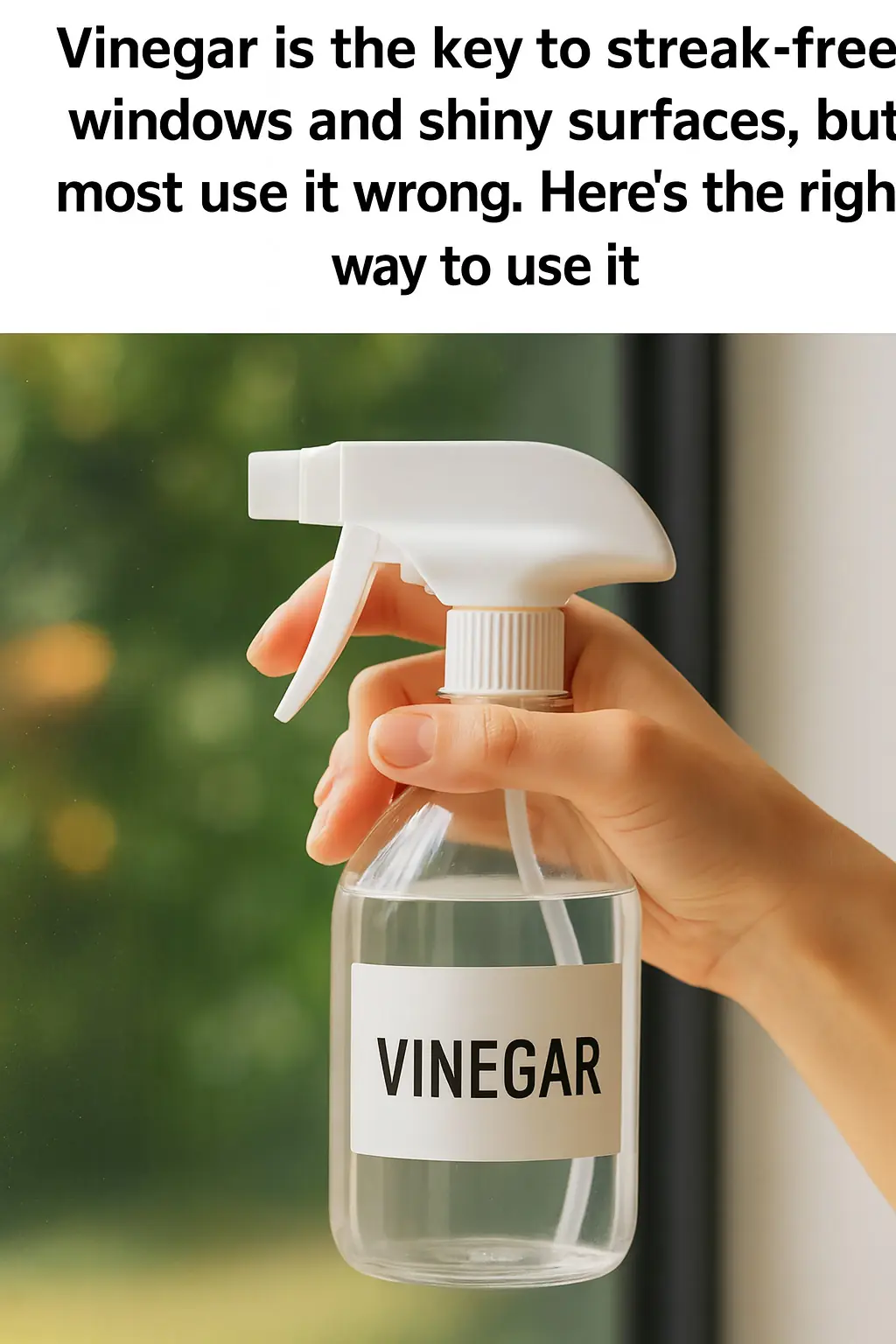
Vinegar is the key to streak-free windows and shiny surfaces, but most use it wrong. Here's the right way to use it

Haven't heard that before

You are doing it all wrong. Here’s the right way to store leftovers

10 genius tricks to revive your garden patio
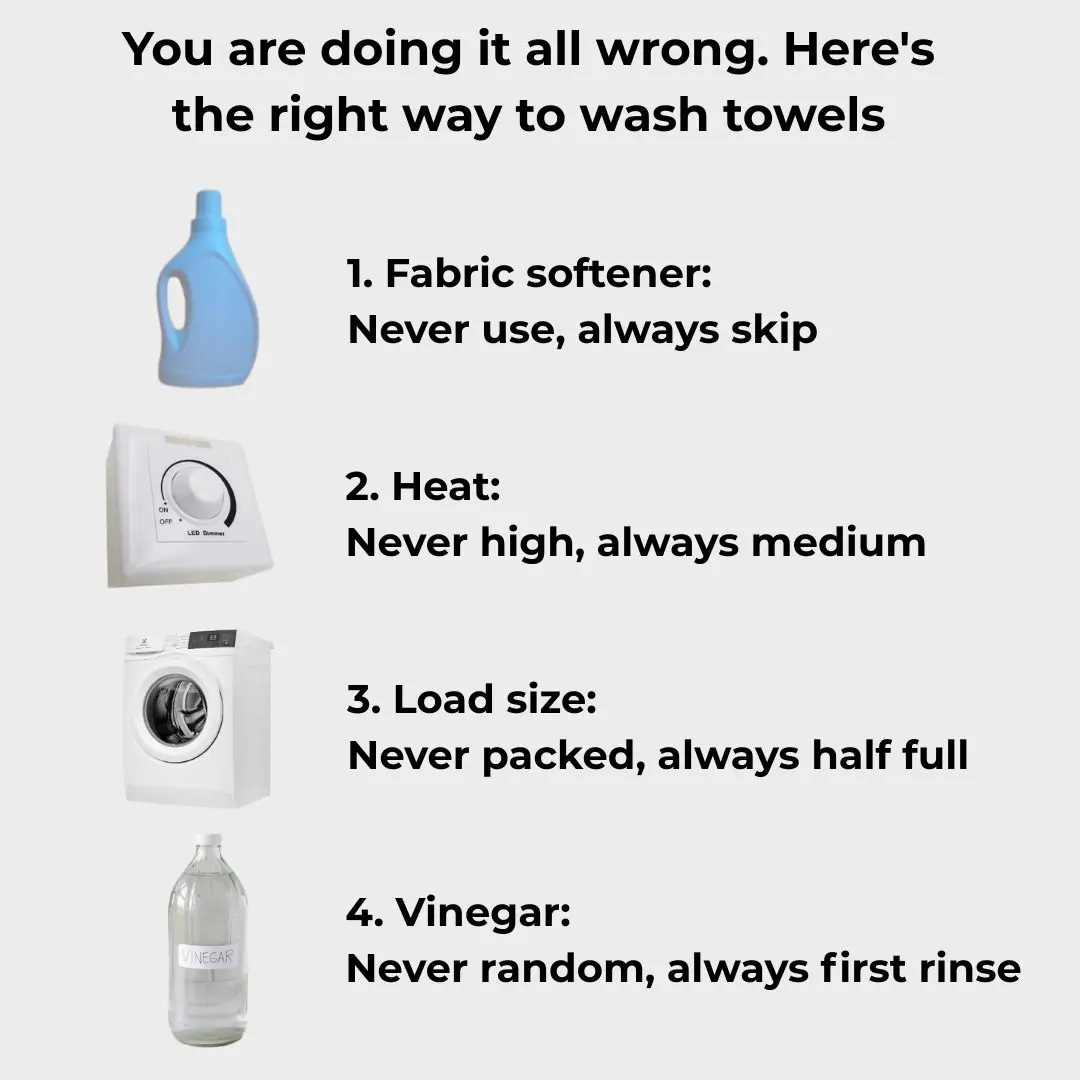
You are doing it all wrong. Here’s the right way to wash towels
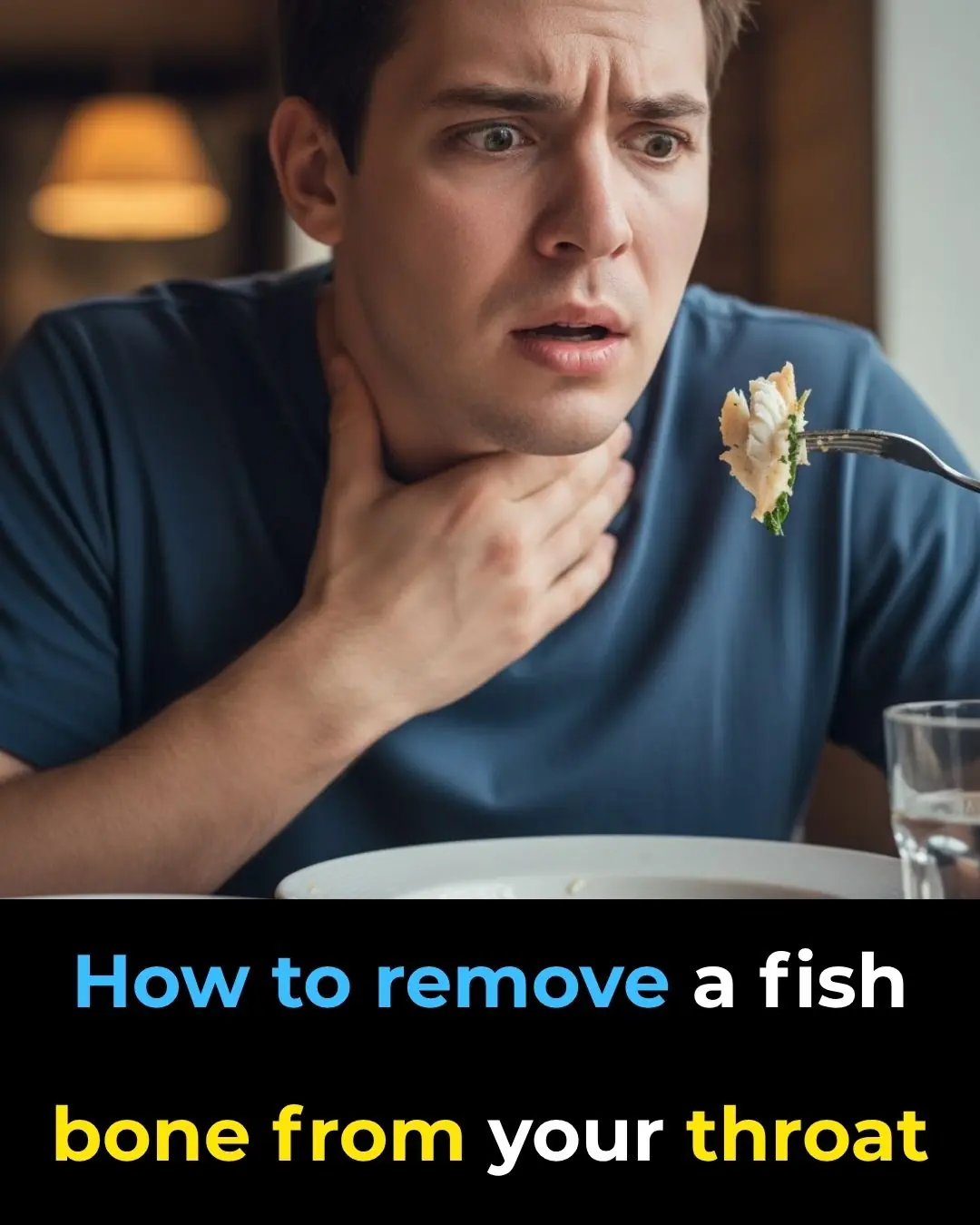
How to Remove a Fish Bone from Your Throat 🐟😮

You’re doing it all wrong. Here’s the right way to store knives
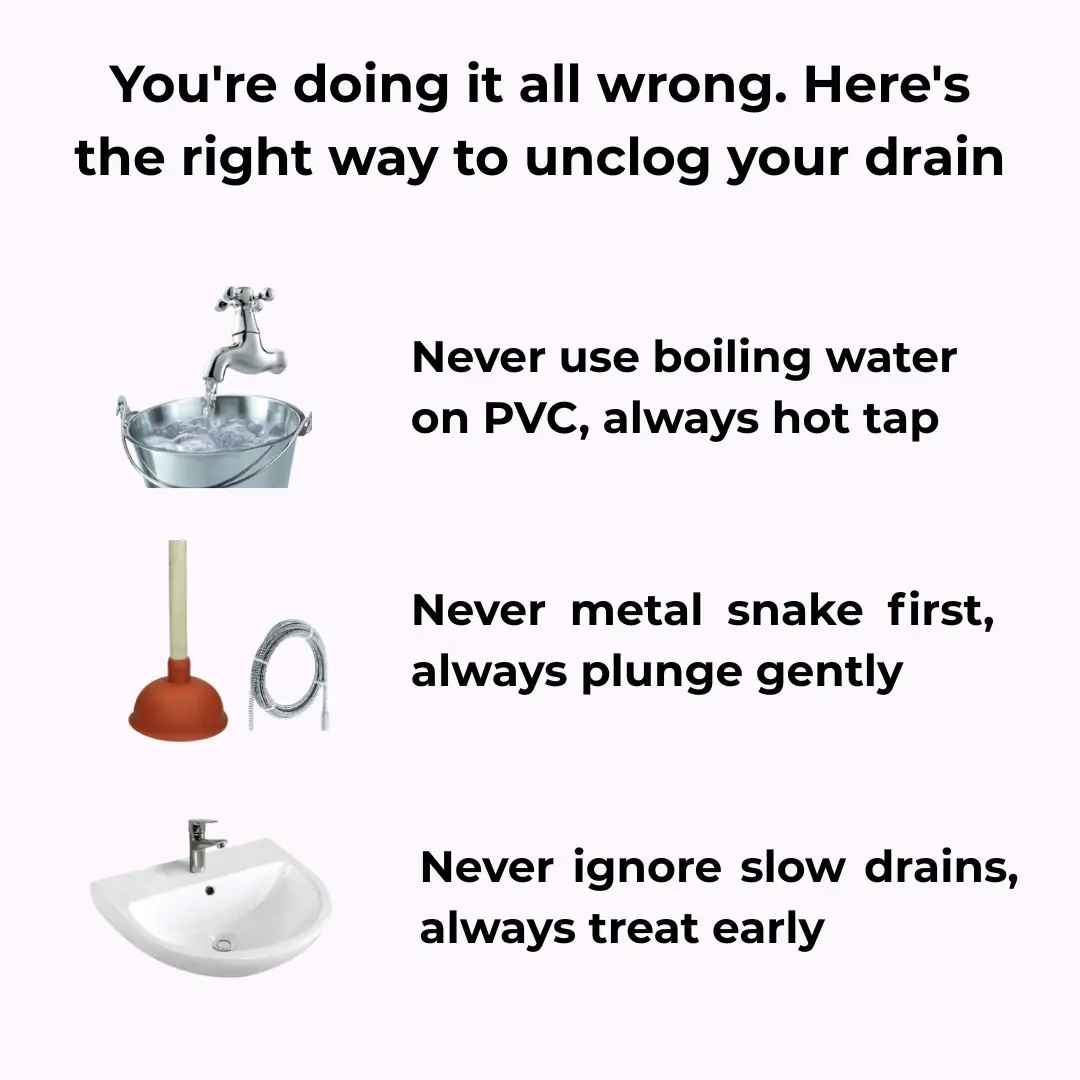
You’re doing it all wrong. Here’s the right way to unclog your drain

Mistake when washing grapes with salt and baking soda: This method only removes insect eggs, and the skin is still edible

Boiling chicken with plain water is outdated: 2 ways to cook chicken without water that make it delicious, tender, and preserve its nutrients

A type of vegetable destroys more than 90% of cancer cells within 48 hours, yet Vietnamese people mistake it for a wild plant growing all over the streets.

A plant with a distinctive aroma: Both a spice and a 'miracle' for health

Bare pork through boiling water, thought clean but soaked in more dirt: This is the most correct thing

A week after applying this method, cockroaches, ants, and mosquitoes no longer appeared in my house.

🚽 How to Unclog a Toilet Without Using a Plunger – 5 Smart, No-Mess Hacks That Actually Work
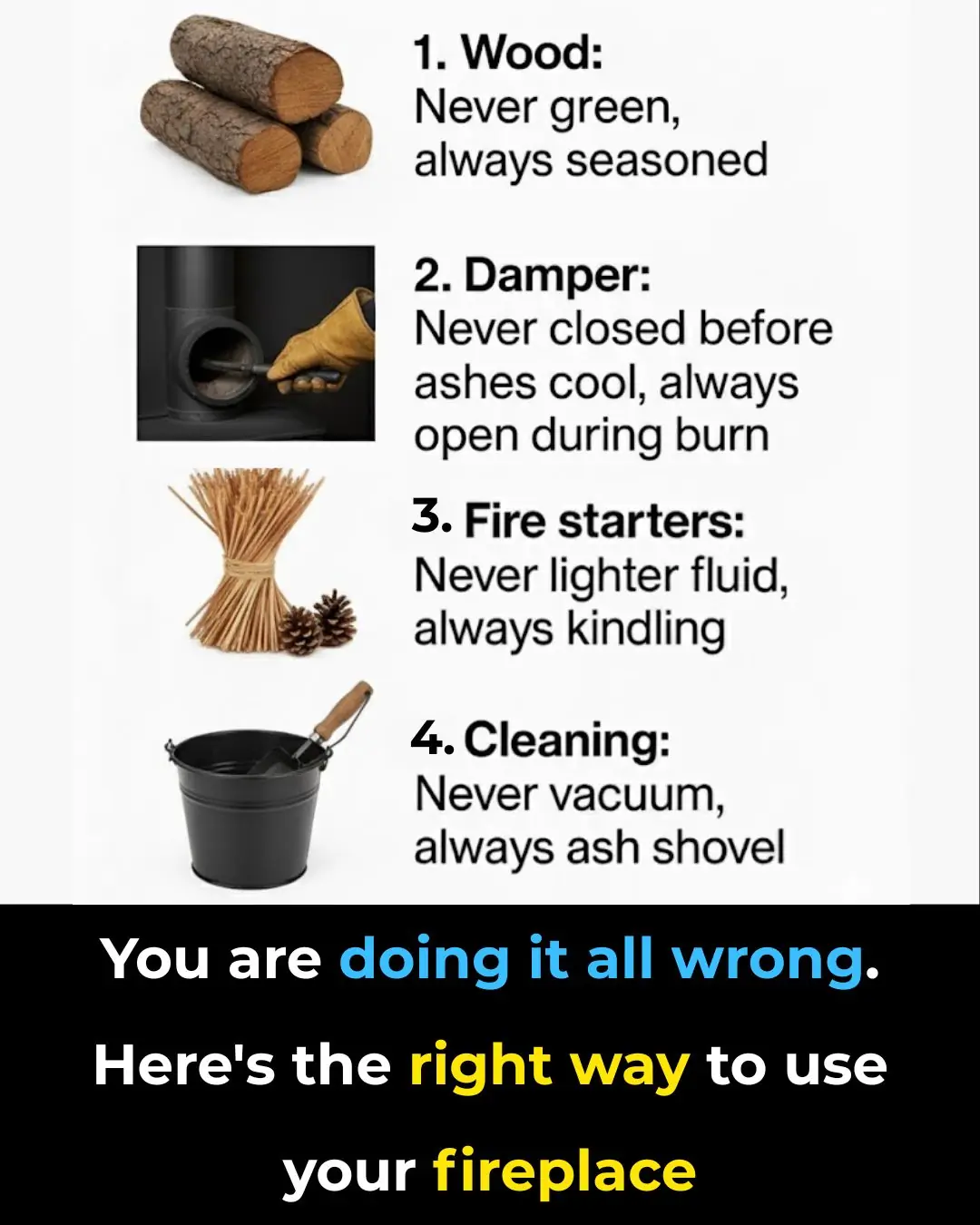
You are doing it all wrong. Here’s the right way to use your fireplace
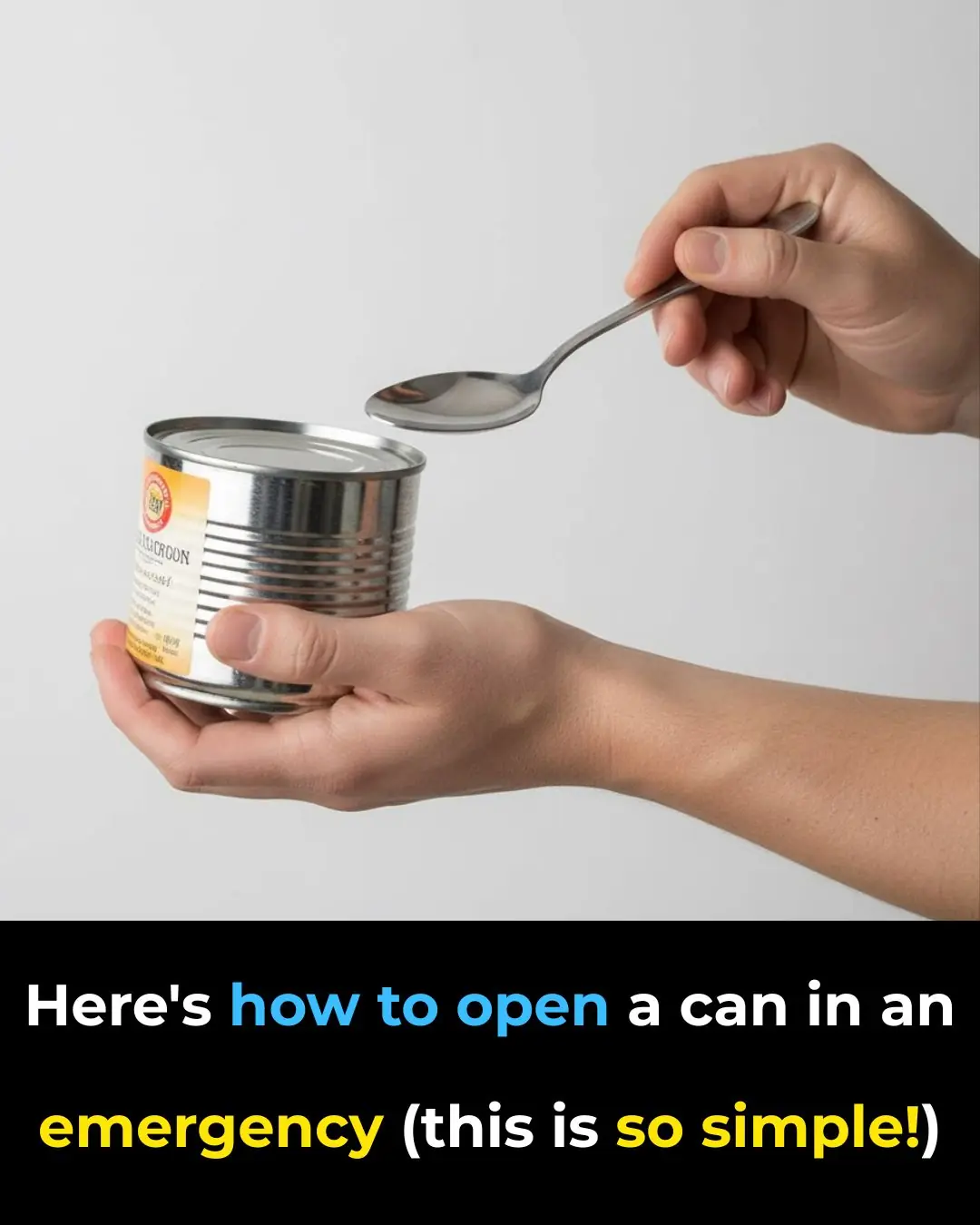
Here's how to open a can in an emergency (this is so simple!)

Most people will never know
News Post

Eating Steamed Sweet Potatoes Every Day: A Woman Shocked by Her Liver Test Results

Warning Signs You Should Never Ignore: The Silent Symptoms of a Brain Aneurysm

Model Loses Both Legs After Toxic Shock Syndrome From Everyday Tampon Use

Before And After: Woman With Extreme Lip Enhancements Reveals Old Look

Tragic End: Georgia O’Connor Passes Away Weeks After Wedding Amid Medical Neglect
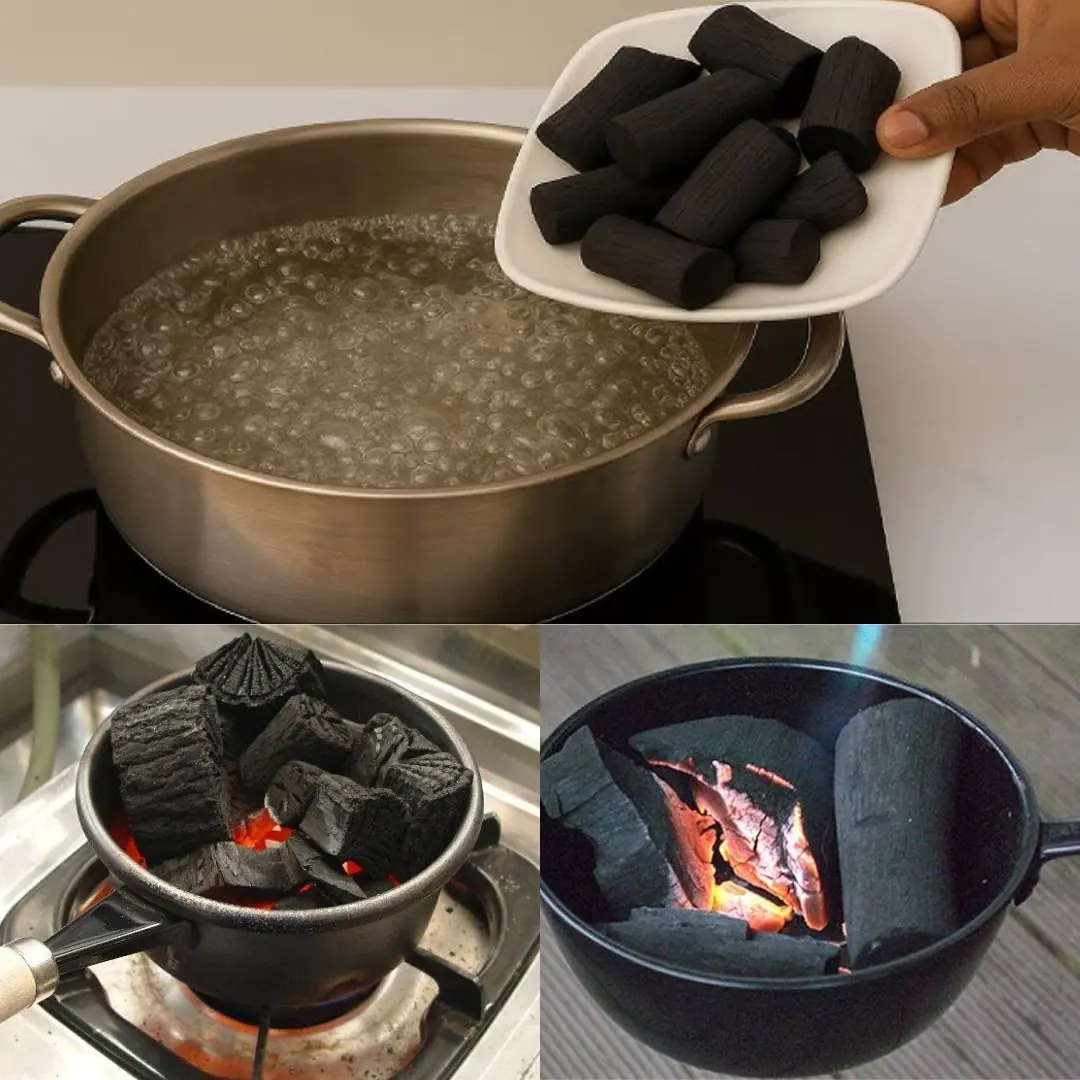
DIY Survival Water Filter: A Simple Life-Saving Tool You Can Make Anywhere
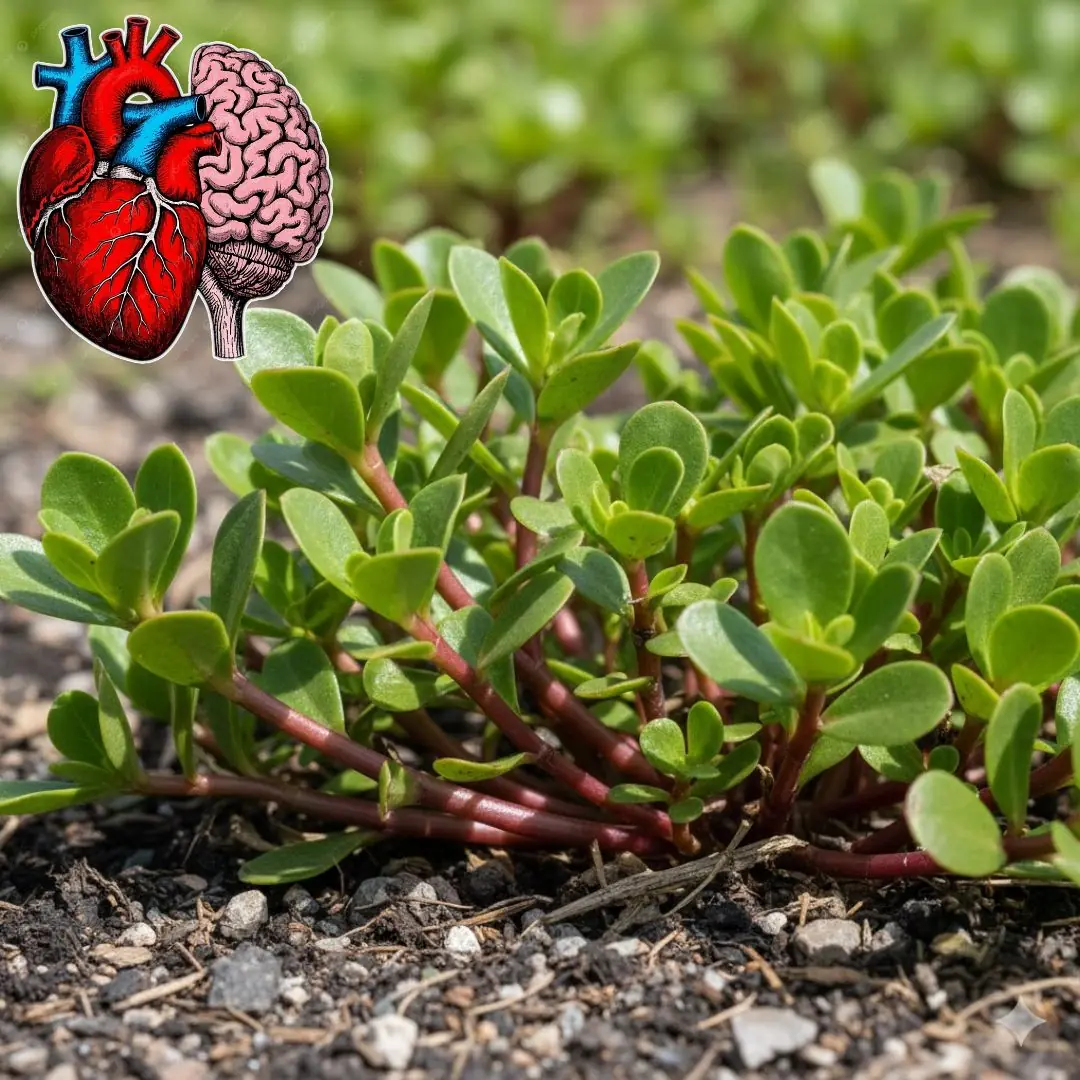
30 Powerful Reasons You Should Stop Ignoring Purslane

Why drinking your sugar is more harmful for diabetes than eating it, study finds

You are doing it all wrong. Here’s the right way to store leftovers

When a cat rubs against you, this is what it means

Zodiac Signs Most Likely to Have Prophetic Dreams

Ivy and Vinegar: A Safe and Natural Spray to Keep Pests Off Your Garden
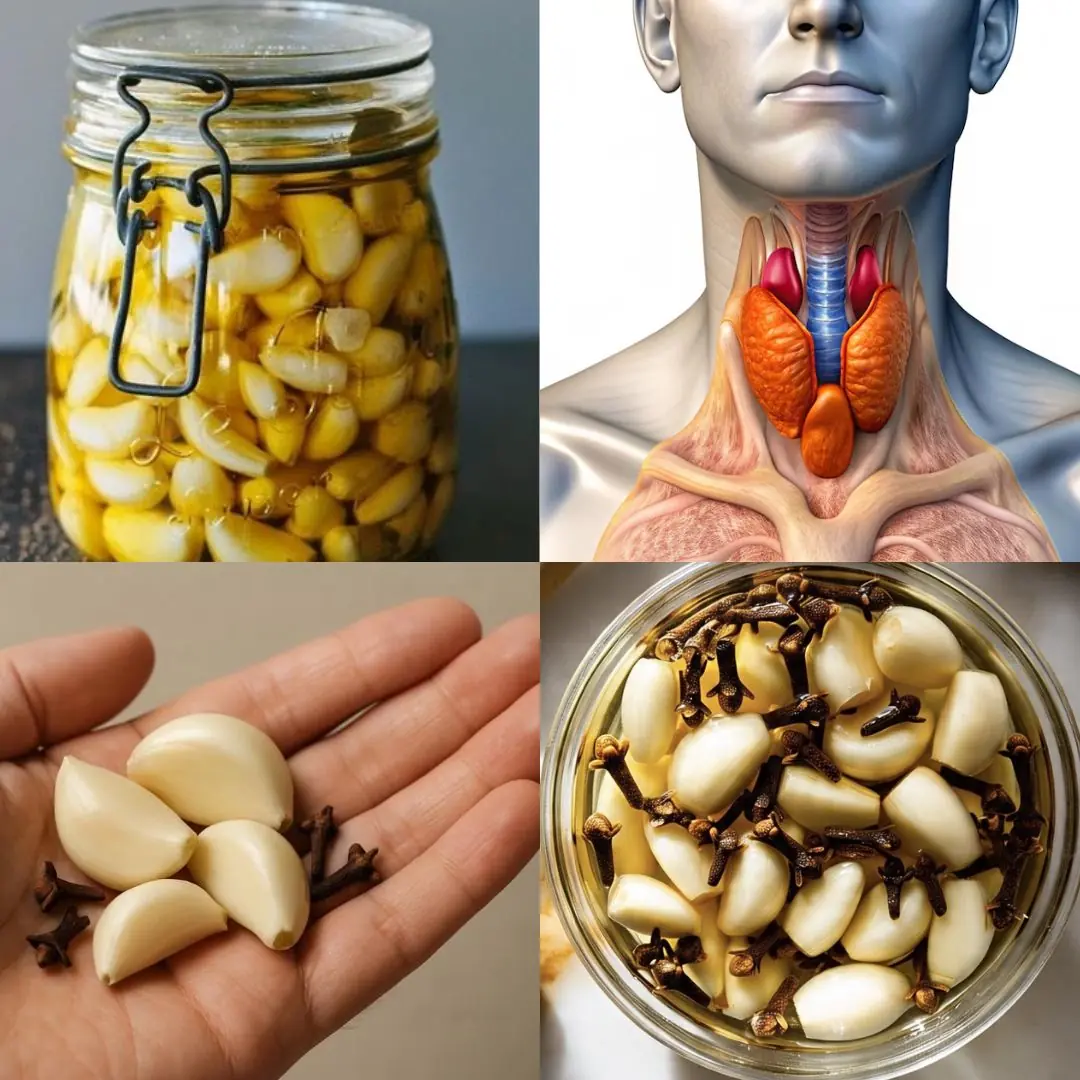
Garlic, Honey, and Cloves – a powerful natural remedy packed with health benefits

Vinegar is the key to streak-free windows and shiny surfaces, but most use it wrong. Here's the right way to use it

Haven't heard that before

You are doing it all wrong. Here’s the right way to store leftovers

10 genius tricks to revive your garden patio

You are doing it all wrong. Here’s the right way to wash towels
